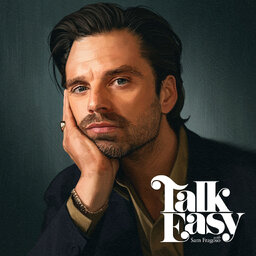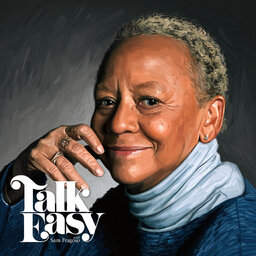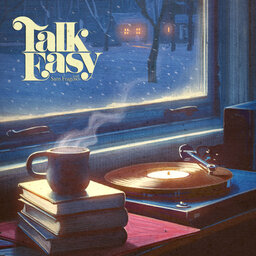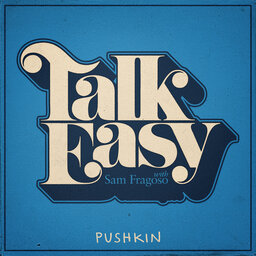Legend David Byrne (‘Stop Making Sense’) is Still Burning Down the House
For the better part of a decade, David Byrne was the front-man of Talking Heads. To celebrate the revival of Jonathan Demme’s concert film, Stop Making Sense, we’re revisiting our special talk with the legendary musician himself.
At the top, we discuss how Byrne processed the pandemic in New York City (6:45), finding creativity in unlikely places (9:50), the evolution of his Broadway show ‘American Utopia’ (10:47), the influence of poet William Blake (13:00), his gift for collaboration (16:36), and the power of the song, Glass Concrete & Stone (20:54).
On the back-half, he opens up about his pivot from New Wave to Latin music (23:40), getting comfortable with creating on his own terms (30:35), and why he turned to performance as a response to being neurodivergent (36:32). He also reflects on his relationship to the Talking Heads (41:30), the cross generational impact of his art (44:15), the unique interpretations of American Utopia (46:30), and how he “found the world” through making music (50:25).
Purchase tickets to see Stop Making Sense in theaters here.
In 1 playlist(s)
Talk Easy with Sam Fragoso
Talk Easy with Sam Fragoso is a weekly series of intimate conversations with artists, activists, and…Social links
Follow podcast
Recent clips

The Year of Actor Sebastian Stan (‘The Apprentice’)
1:16:35

Remembering Poet Nikki Giovanni
44:21

Talk Easy in 2024: A Mixtape
58:40
 Talk Easy with Sam Fragoso
Talk Easy with Sam Fragoso